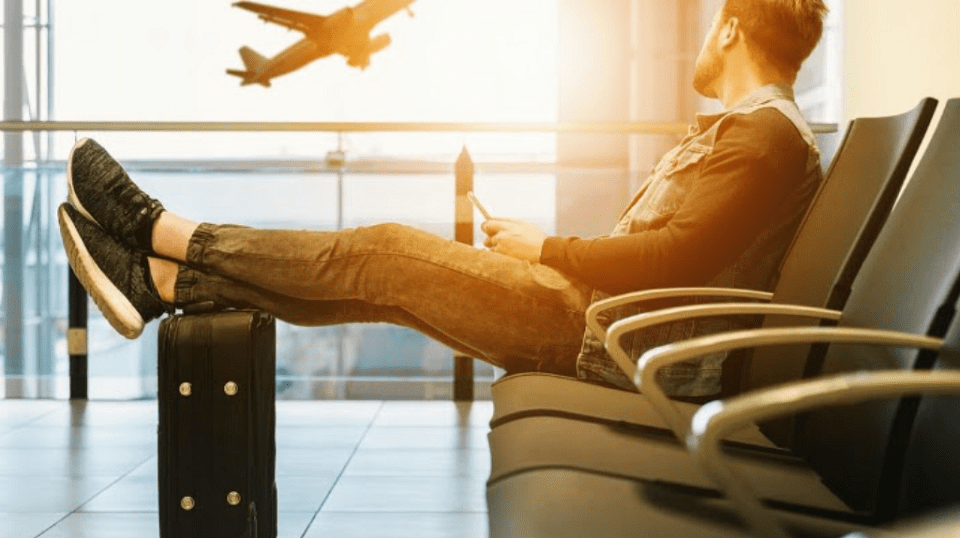There is no doubt about it: the CoronaVirus has changed the world. Hopefully we can soon return to at least some form of “normal,” but there are still so many unknowns.
Even without the influence of a global pandemic, SEO is always changing. Thanks to COVID-19 shutting down businesses across the country, the digital sector is forced to adapt even quicker than normal.
We took a look at just how these changes are impacting the professional SEO services industry, and how marketers can improve their digital strategy during these uncertain times.
Google Trends
According to Search Engine Journal, the SEO community is using Google Trends to spot all the changes that have already occurred, as well as those that are approaching.
It is not uncommon for search trends to shift suddenly and unexpectedly. However, CoronaVirus has led to even more drastic changes — and marketers need to be fully prepared.
Though time lapse isn’t exactly a feature of Google Trends, it can be created by an individual user. You will find it easy to set up, and it will give you all sorts of helpful insights into a particular trend.
You can adjust the time settings to view differences across your region across a 12-month, 90-day, 30-day, or 7-day time span. With this slice of the data, you can identify what users are doing, what they are searching for, and so much more.
Business Is On the Decline
Many companies are struggling right now. In many countries, people are under quarantine, only leaving their homes for weekly trips to the grocery store or work (for those whose jobs are deemed essential).
Many businesses have been forced to shut their doors permanently. Among those that still exist, companies who cannot shift to remote work or sell products/services online are in serious trouble.
How Bad Is It?
Marie Haynes Consulting took a look at how COVID-19 is affecting commercial website traffic across the globe.
Marketers (and business owners) were asked how the CoronaVirus has affected their (or clients’) organic traffic.
Out of 1,548 responses, 49% said they have seen declines, 21% stated they haven’t seen much change, and 14% said they actually noticed traffic improvements.
Here are some of the additional highlights of the survey:
- Fashion E-commerce sits saw about a 40% decline.
- Healthcare websites have experienced organic visit declines across the board, aside from sessions to pharmacy location pages, which have increased.
- Personal finance sites are down between 25% and 30%, on average. In Spain, finance traffic is down 60%.
- Between 30% and 40% of small businesses in Australia are expected to close their doors.
Additionally, there are only a few sectors that are experiencing any sort of traffic increase during these wild times. Specifically, pharmaceutical, insurance, and some healthcare and finance niches have reported traffic growth.
Advertising, construction, media, manufacturing, real estate, retail, tech, transportation, travel, etc. have experienced varying degrees of traffic declines.
Travel is WAY Down
The COVID-19 pandemic is drastically affecting travel companies. Expedia is already projected to lose up to $40 million.
And it’s impacting SEO, too.
It might not seem like travel has a profound impact on SEO, but it truly does.
When people aren’t traveling, they aren’t searching for new things to do. They aren’t searching for local restaurants. And of course, they aren’t searching for hotels.

Airlines, hotels, cruise lines, online travel agencies, and other tourism/travel-related industries have all been hit hard by the pandemic.
It’s not all about recreational travel, either. In fact, as a whole, the business travel sector is projected to take an astronomical virus-related revenue hit of $820 billion.
This Could Last a While
Sadly, even if the virus were to vanish suddenly, its impact would be felt for much, much longer.
Currently, businesses can expect to struggle for well over a year. They’re going to have to make up for all those losses. And they won’t even be able to start fighting back until this pandemic is behind us.
People are losing money, jobs, and peace of mind. And businesses are losing traffic, conversions, and plenty of revenue.
As of late April, it’s estimated that in total, the pandemic will cost the global economy $2.7 trillion.
Google is Doing Its Part
Google has launched some new SERP features to address this global emergency. Now, when ‘coronavirus’ is searched, Google shows a variety of new panels to provide users with objective and helpful information about the virus.
Typically, this search will trigger content from the Center for Disease Control (CDC), the World Health Organization (WHO), and local government resources.
Google is also releasing the following features to help with the pandemic:
- Safety tips to help prevent the spread of the disease
- An “Affected Area” panel with a world map showing how the outbreak is spreading in different regions
- A”Symptoms” panel outlining common symptoms of the virus
- An “SOS Alert” panel
Healthcare SERPs Look Much Different
When things were “normal” a few months ago, typical health queries yielded the same results every time.
Users searched symptoms, then WebMD, Healthline, Medical News Today, and Wikipedia showed up at the top of the SERP. For “coronavirus,” that’s no longer the case.
Between January 19th, 2020 and March 19th, 2020,we have observed the following changes on the healthcare SERPs:
- The WHO and CDC have moved into the top four organic positions
- Wikipedia has fallen off the first page
- Local governments and (reputable) news sites have replaced health publisher sites and Wikipedia
- Health publisher websites have fallen off the top two pages of Google, despite ranking in top positions for the majority of past health queries
Conclusion
Health is the number one priority during these uncertain times.
Still, it is imperative for marketers to do everything in their power to help businesses stay afloat and adjust to all the changes that are on the horizon.
COVID-19 has, without a doubt, disrupted the entire digital marketing sector.
It’s important to remain optimistic, forward-thinking, and responsible throughout this global pandemic. We can do this.
All Images provided by the author under his or her own license.
Disclaimer: The views and opinions stated in this post are that of the author, and Return On Now may or may not agree with any or all of the commentary.
This guest post brought to you courtesy of Return On Now, Professional Austin SEO and PPC Services Company.
Sean Finucane
Latest posts by Sean Finucane (see all)
- SEO Pandemic: How COVID-19 Is Affecting Marketers - May 19, 2020





